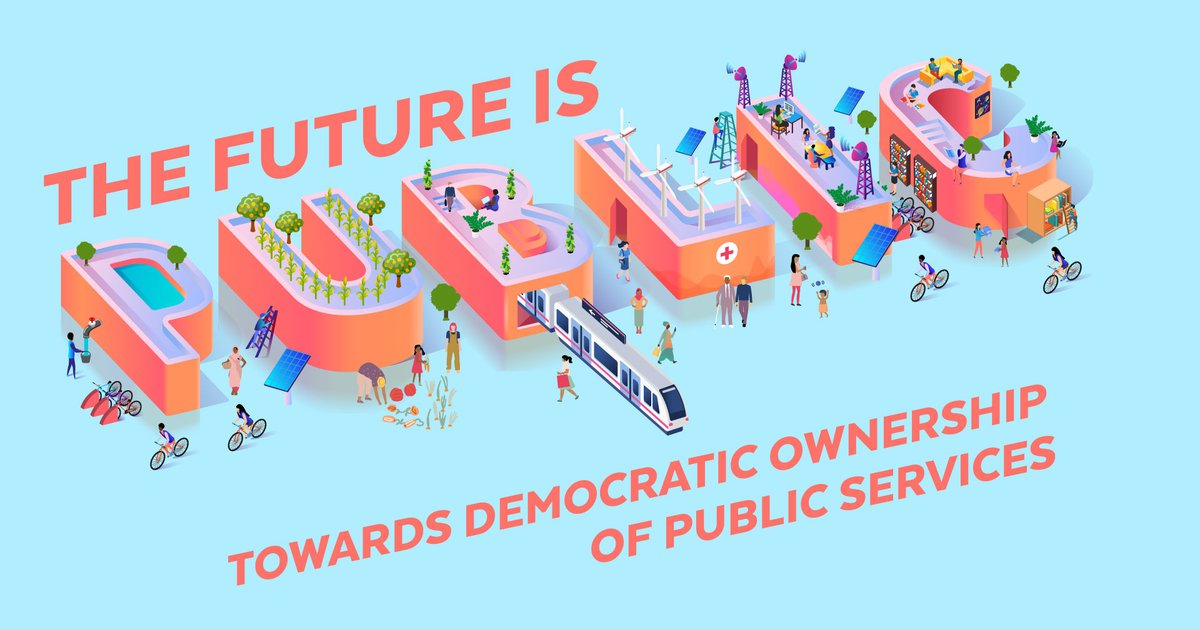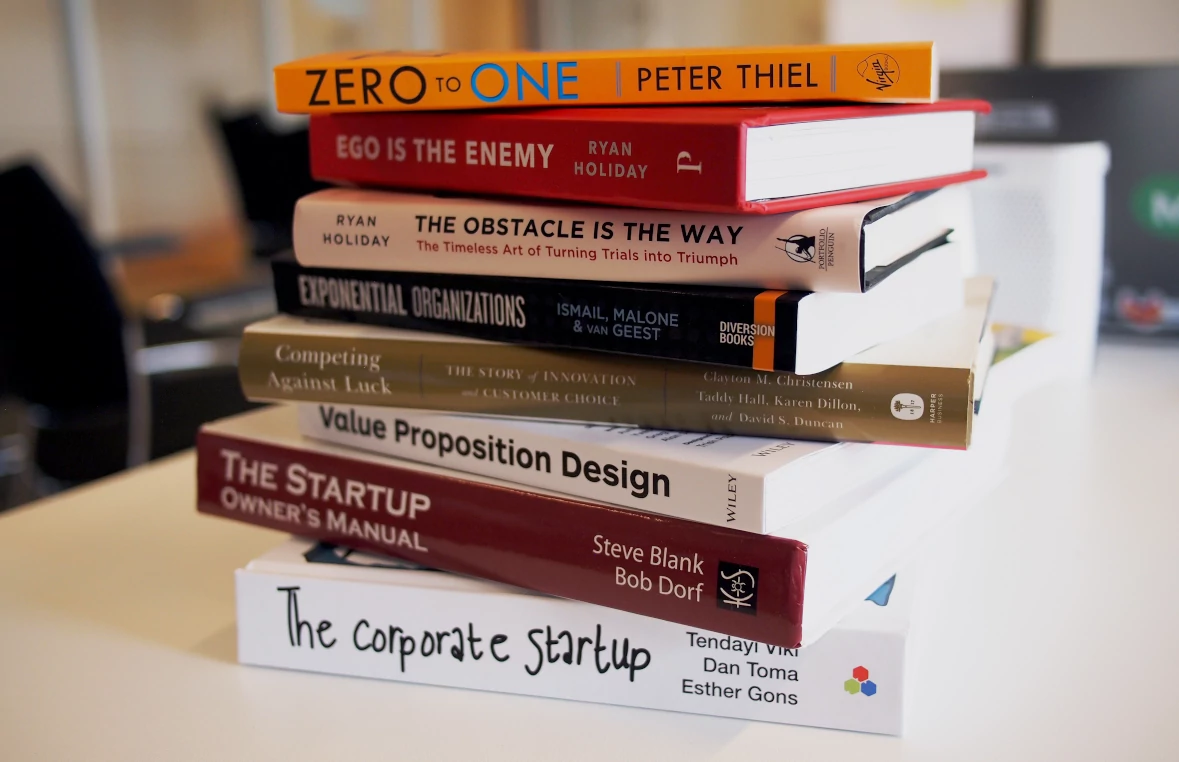
Industrial strategy, development, and the need for public production
We are told that Capitalism, at its core, is a crisis-driven economic system. Crises are at the heart of its innovation, transformation of the economy, and are the reason creative destruction is the defining point raised by proponents of this economy-first, anti-social system. However, any reader of history knows that it is only through the leverage and investment of the state that capitalism can find the path around the economic crises it creates. Capital needs to be held-up and protected or -- like most short-sighted adventures -- it runs aground. The alternative is not to hold capitalism up, but to replace it and the response to COVID-19 shows a way forward.









